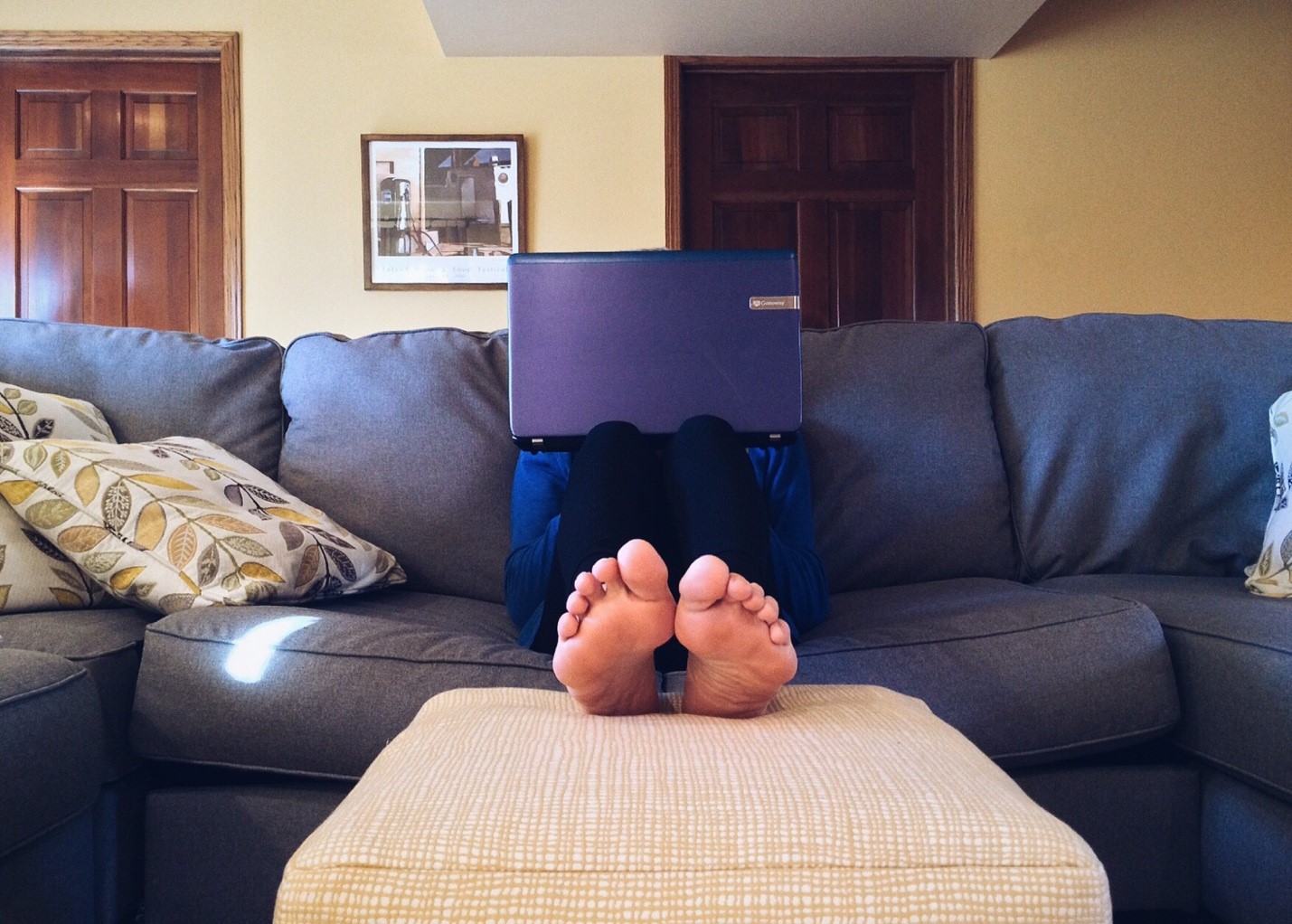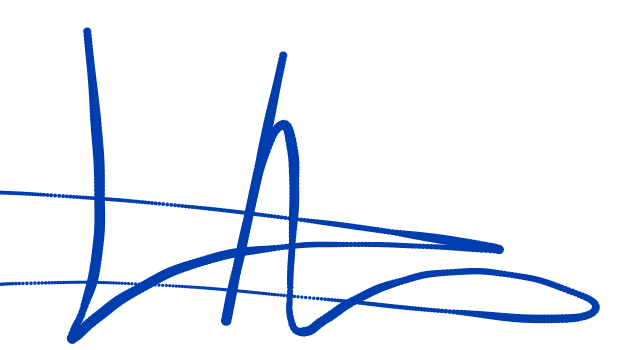
Of all the things I’ve learned throughout this pandemic, the one that sticks out the most is that my usually high standards have been lowered—if not completely thrown out the window. For the first two weeks of shelter-in-place, it was a matter of adjusting to abrupt and drastic change. Now my wife and I have settled into working from home. My son is learning virtually. And there’s a semblance of a routine some days. Some days. But “normal” as we know it, is gone.
To be brutally honest, I often feel guilty, because of the things that do get done, many don’t get done well. And frankly, other things just don’t get done at all. As I sit here, dishes are piling up, floors need cleaning, and laundry needs washing. And somehow, I don’t care much. And it’s okay.
Meanwhile, conversations with my wife are often about work. Who has conference calls when? Who gets the office? Who works at the dining room table? Fortunately, we collaborate well in these rather mundane circumstances. And there’s my son, who, thankfully, is a smart and capable kid able to do schoolwork independently—but he still craves and deserves nurturing.
Never would I have considered the bar for a good parent to be, “Is he alive?” Yep. “Has he burned the house down?” Not yet. “Has he eaten?” Possibly. It goes on and on. And conversations with friends and colleagues confirm that my experience is hardly unique.
The thing is, it’s okay not to be perfect.
It’s okay to do things differently, or sometimes not at all. It’s okay if the previous standard is too high for right now, and to instead, settle for good enough. The sooner we accept that reality, the easier life gets. In fact, it may make achieving those higher standards more possible. Why? Well for one, beating ourselves up mentally is hard work and draining in itself. Ruminating takes time and energy that could otherwise be put toward something productive. Rumination is chewing on the past. What serves us is setting reasonable expectations in this moment or the near future, because that’s how we can actually do something positive. Making dinner is reasonable but cooking a 5-course meal probably isn’t. Doing a chore or two is good, but don’t plan to clean the whole house at once. And engaging with a spouse or child is wonderful, but don’t expect a Hallmark movie experience every time.
This doesn’t mean that we can do away with high standards altogether, particularly when it comes to COVID-19. There are tasks at work, within our family, or within our communities that require our A-game. These critical things must be separated from the myriad other non-critical, day-to-day issues.
This pandemic is unlike anything experienced in our lifetime. There’s no guidebook on how to effectively deal with it and we are learning as we go. With that in mind, go easy on yourself and others. Don’t set the bar too high. Accept that things will not be perfect, and occasionally, mistakes will happen. All this means is that you are human. There’s absolutely nothing wrong with doing the best you can and accepting that it’s okay to just be okay.

Tyler Arvig – PsyD, LP
Tyler is Associate Medical Director of R3 Continuum (R3c), a global leader in protecting and cultivating workplace wellbeing in a complex world. He has over 13 years of domestic and international experience in behavioral health workplace absence—including disability and worker’s compensation assessment, consultation with employers and insurers on complex claims, effective return to work strategies, program development and improvement, and training and supervision of industry professionals. He’s a sought-after speaker, writer and contributor in the field of workplace behavioral health. You can reach him at [email protected]

